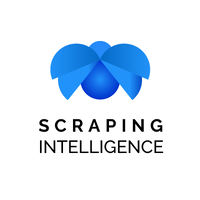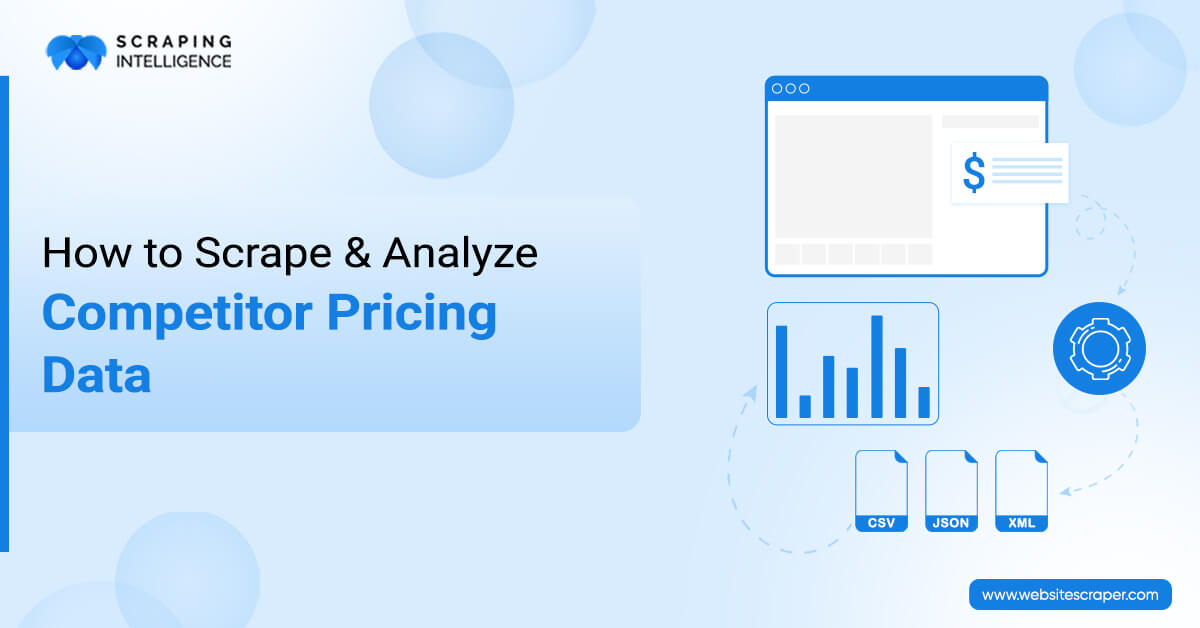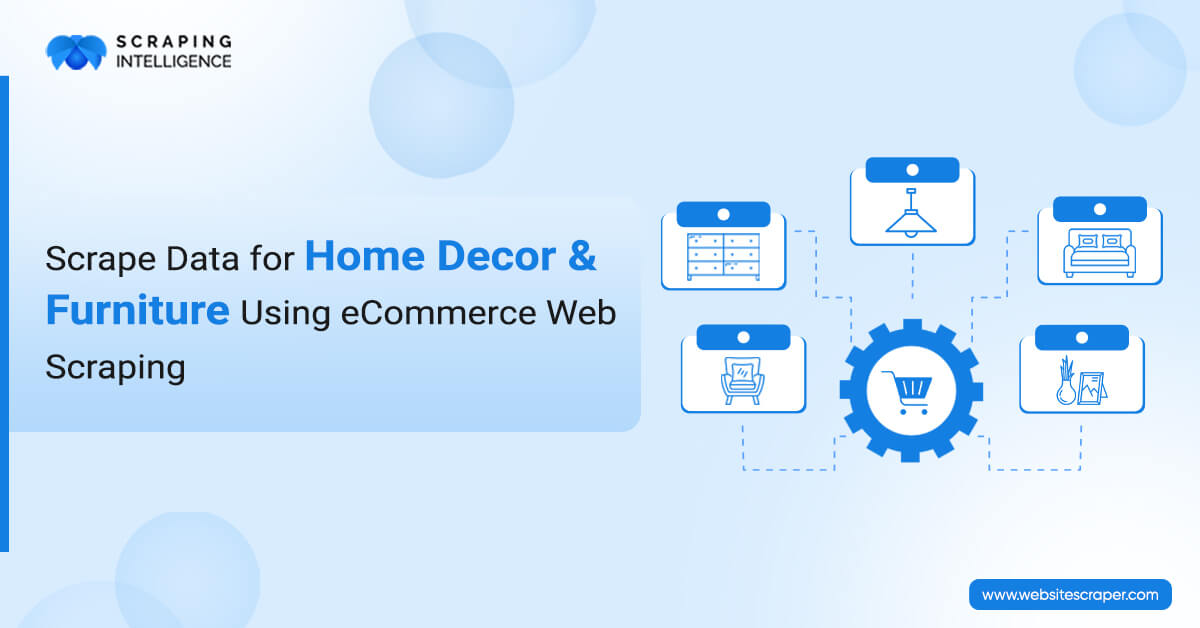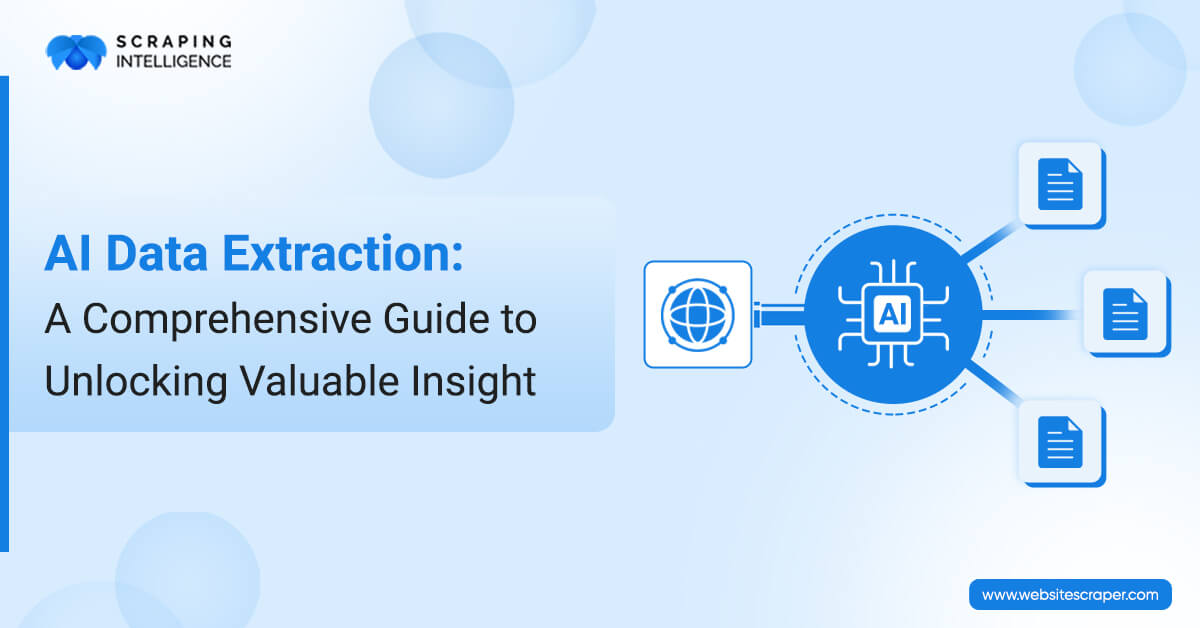How to Use Proxy Servers for Efficient eCommerce Scraping?
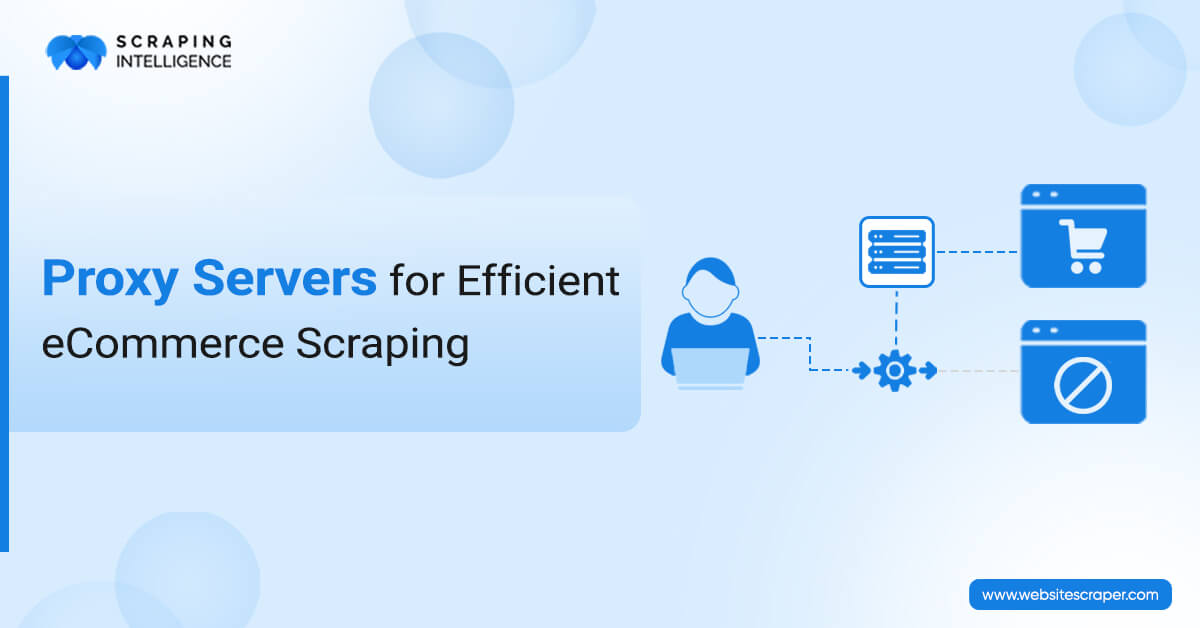
Web scraping powers a huge industry that drives everything from data aggregation to machine learning and lead generation. However, website owners fight back with sophisticated anti-scraping measures like CAPTCHAs, IP blockers, etc. that protect their data from scrapers. Therefore, you need proxy servers. Your scraping activities become harder to detect when requests are spread across multiple IP addresses.
The right proxy strategy can determine your eCommerce data extraction’s success. For instance, data center proxies give you speed and affordable options. Residential proxies provide better success rates when you need to handle sensitive scraping tasks.
In this piece, we'll show you everything about using proxy servers to scrape eCommerce data effectively. You'll learn how to pick the right proxies and use them with popular scraping tools.
Understanding Proxy Servers for eCommerce Scraping
Proxy servers for eCommerce web scraping follow specific steps to work. Your device sends a request to access online content from e-stores, e-marketplaces, eCommerce websites, etc. The request doesn't go straight to the target web server through your ISP. The proxy server receives it first. The proxy then sends the request to the web server with its own IP address. This hides your original IP address completely.
A proxy server works as a digital middleman that directs internet traffic between users and online resources. This setup gives you secure and controlled data exchange. Your computer uses a unique IP address to identify itself when you connect to the internet.
Proxy servers do more than just forward web requests. They work as firewalls and give shared network connections. They also save data to speed up common requests. The proxy servers can keep frequently visited webpages in a local storage. This makes getting data much faster.
Challenges in eCommerce Scraping that Proxy Servers Solve
eCommerce scraping comes with common challenges. Big eCommerce sites usually limit access to their data. They will ban any IP address they catch scraping. Websites use advanced anti-bot systems that can ban IPs and trigger CAPTCHA checks. Many eCommerce platforms also use lots of JavaScript and load content dynamically. This makes getting data more difficult. Your eCommerce scraping operations need proper proxy rotation. You should also randomize request headers and follow rate limits.
Setting up reliable proxy infrastructure helps solve these issues. Large proxy pools help you run multiple sessions at once. This makes scraping much faster in big projects where speed matters. Modern proxy solutions also handle sessions automatically. They come with features to deal with CAPTCHAs and other checks.
Using proxy servers for eCommerce data extraction gives you these benefits:
Protection from IP bans through automated session management
You can run unlimited sessions at once
Built-in features to unblock dynamic scraping
Premium proxy services use ethically sourced IPs. They follow rules like GDPR, CCPA, and SEC. On top of that, specialized proxy providers cooperate with security organizations to monitor billions of domains. This ensures domain health and blocks unwanted content.
Types of Proxy Servers for eCommerce Sites
Different proxy types come with their own strengths and limitations that impact how well they perform and succeed at scraping.
Datacenter proxies: Speed vs. detection risk
Datacenter proxies come from remote servers in data centers and provide fast connections for large-scale scraping operations. Users can pick between two types - shared proxies where multiple users connect through the same IP addresses, and dedicated proxies that give one user exclusive IP access. These proxies deliver impressive speeds with response times under 0.3 seconds.
However, Big e-commerce platforms can identify these IPs as non-residential, which leads to more blocks and CAPTCHAs. They're still budget-friendly and reliable enough to scrape small e-commerce sites with simple anti-bot protection protocols.
Residential proxies: Higher success rates for major retailers
Residential proxies use IP addresses from real-life household devices, which makes them great for e-commerce scraping. These proxies reach an average uptime of 99.95%. Residential proxies shine because they're authentic. They send requests through actual consumer devices, so eCommerce platforms see them as real user traffic. This authenticity helps extract data successfully even from websites that have complex anti-scraping systems.
Mobile proxies: Bypassing strict anti-scraping measures
Mobile proxies send requests through devices on 4G, and 5G cellular networks. They work well at getting past tough verification systems because they use IP addresses straight from mobile carriers.
Mobile proxies give eCommerce scraping some unique benefits:
IPs rotate automatically as devices move between cell towers
They succeed more often against advanced anti-bot systems
They work great for getting mobile-specific content
ISP proxies: The balanced option for eCommerce
ISP proxies, also called static residential proxies, mix data center reliability with residential IP legitimacy. These proxies use addresses from internet service providers but run on fast servers. ISP proxies' hybrid nature brings several advantages:
Static IPs keep connections stable
They're faster than standard residential proxies
They're harder to detect than datacenter proxies
ISP proxies are a great fit for long-term eCommerce scraping that needs both stability and speed. The IP pool might be smaller than residential proxies, but their steady performance makes them perfect for real-time price monitoring and inventory tracking.
Setting Up Your Proxy Infrastructure
Setting up a reliable proxy infrastructure takes careful planning and smart implementation to extract eCommerce data successfully. You just need to figure out the right proxy pool size, set up secure authentication, and create quick ways to rotate proxies.
Determining the right number of proxies needed
Several key factors affect how many proxy IPs you'll need:
Number of pages to scrape from a single domain
Required scraping speed
Scraping frequency
Target website popularity
To cite an instance, see how scraping 5000 web pages within a day from a standard website needs about 5 proxy IPs. In contrast, you'll need around 1000 proxy IPs to scrape a million pages from a popular website over a month.
Conclusion
Proxy servers are essential tools that power successful eCommerce data collection. The success rates and efficiency of your scraping operations depend on your choice of proxy server type, proxy infrastructure, and advanced techniques. A reliable proxy infrastructure demands careful planning and proper setup.
Your scraping project's success also relies on knowing how to tackle technical challenges through methodical troubleshooting. The right tools, proper configuration, and smart management create an effective proxy implementation. Begin with a modest proxy pool and test various setups. You can then scale your infrastructure based on your scraping needs and the target website's requirements.
Scraping Intelligence offers cutting-edge eCommerce data extraction solutions using advanced proxy server technologies and proxy infrastructure that tackles complex anti-scraping measures on even the most protected eCommerce platforms. With features like automatic proxy rotation, session management, and specialized handling of JavaScript-heavy websites, Scraping Intelligence ensures high-success-rate data collection.
Contact us for efficient eCommerce web scraping solutions including scrapers and APIs.
Source: https://www.websitescraper.com/proxy-servers-for-ecommerce-scraping.php
Note: IndiBlogHub features both user-submitted and editorial content. We do not verify third-party contributions. Read our Disclaimer and Privacy Policyfor details.

